Inter Miami CF: The Problem With Passivity
Inter Miami is going through a rough patch, to say the least.
Despite an encouraging result against the Chicago Fire in their home opener, Phil Neville’s men have struggled to look competitive through their first four games. Miami’s latest loss to FC Cincinnati was another example of how, at times, tactically poor the South Florida club has looked this season.
What’s going wrong? Can it be fixed?
Let’s dissect.
Lack Of Consistent Creation
The biggest issue facing Inter Miami on the field as of today is the lack of a consistent creator. Though Gonzalo Higuain has put it on himself to be the main distributor for the Herons, the team’s tactical shape and lack of real penetration in the final third has caused the attack to sputter.
Let’s take a look at some numbers:
In Miami’s last match, they had 26 progressive carries while Cincinnati had 37. A progressive carry is any movement that moves that ball at least five yards towards an opponent’s goal, or any carry into the opposition penalty area.
When a team can’t progress the ball well, they won’t create chances in the attacking third.
Due to this, Miami’s SCA (shot-creating action) number against Cincinnati was poor. The Herons had 19 SCA to Cincinnati’s 30.
The Heron’s inability to progress the ball out of the back has hindered them.
Their heatmap against Cincinnati gives us an even clearer picture. The majority of Miami’s touches were on the right side of the defensive third:
IMCF heatmap vs FC Cincinnati. pic.twitter.com/iRD0rLAO7B
— ⚽️ (@tacticsbyalex) March 21, 2022
The pass maps from the game also show that the bulk of Miami’s passes were towards DeAndre Yedlin, Damion Lowe, and Chris McVey who are all defenders – not ideal:
— ⚽️ (@tacticsbyalex) March 21, 2022
If Miami wants to dig themselves out of this hole, they need to start progressing the ball up the field quicker and be a bit braver in their passing.
Defensive Passivity
Not only is Miami struggling on the offensive side, but defensively, they don’t fair much better either. This could be due to the lack of high press.
MLS is a high-intensity league where high pressing is valuable. In Miami’s case, they are happy to sit back in a midblock and keep their shape. They’ll often let the opposition have the ball until they threaten in the final third:
— ⚽️ (@tacticsbyalex) March 21, 2022
However, this strategy hasn’t been working too well. Miami’s passivity in defense has seen them concede 10 goals in four games.
Passing Patterns and Situational Awareness
Lastly, though it may seem trivial to some, the importance of working on progressive passing patterns and being situationally aware is important.
Based on their last four games, Inter Miami looks like they struggle with this.
Oftentimes, whoever has the ball will outstretch their arms, shrug their shoulders, and ask a teammate to come closer to them so they don’t lose possession.
On the flip side, like in the video below, a player will wave their hands frantically asking for the ball to be passed to them only to be ignored or unchecked:
— ⚽️ (@tacticsbyalex) March 21, 2022
Take this instance from Miami’s loss to Austin FC. Christopher McVey gets impatient and forces the ball into a heavy traffic area:
— ⚽️ (@tacticsbyalex) March 21, 2022
When he does this, Austin’s attackers pounce and punish Miami’s slack passing.
This could’ve been prevented had the Herons slowed the game down, gotten Gregore to drop in between the two center backs, and build out from there. Or McVey could’ve passed to ball over to his center-back partner Jairo Quinteros.
Four games in and these issues pop up repeatedly. The failure to find the open man has cost them and opposing teams take advantage of that.
The same instance happened against Cincinnati as well, but this time on the offensive side.
Robbie Robinson plays a good ball into Gregore who does well to get a shot off, but, had he picked up his head, seen Ariel Lassiter lurking in the penalty box, and tried to squeeze through a pass, perhaps Miami would’ve tested the keeper a tad more:
— ⚽️ (@tacticsbyalex) March 21, 2022
Situational awareness, defensive passivity, lack of progressive ball movement, and the inability to create consistent chances see Inter Miami lingering at the bottom of the Eastern Conference.
What’s Next?
If Miami want to bounce back, unfortunately, their upcoming fixtures don’t look promising:
The way things are going here and you add in Miami’s upcoming schedule, the Herons can very well go winless in April.
Their next games include:
Houston at Home
New England at Home
Away at Seattle
Atlanta at Home
Away at New England#InterMiamiCF— Alex Windley (@aaw_1998) March 19, 2022
This is crunch time for Inter Miami and Neville.
At the beginning of the season, Chris Henderson stated that despite the sanctions the team wants to remain competitive. Though it’s early days, Miami is struggling to do so.
Of course, they can always turn it around.
MLS is a league where teams can start slow and still make the playoffs later, but, the South Florida club currently looks far off the pace.
With their upcoming home match against the Houston Dynamo, the Herons will have a solid opportunity to kick start their season into gear.
Will they be able to bounce back?
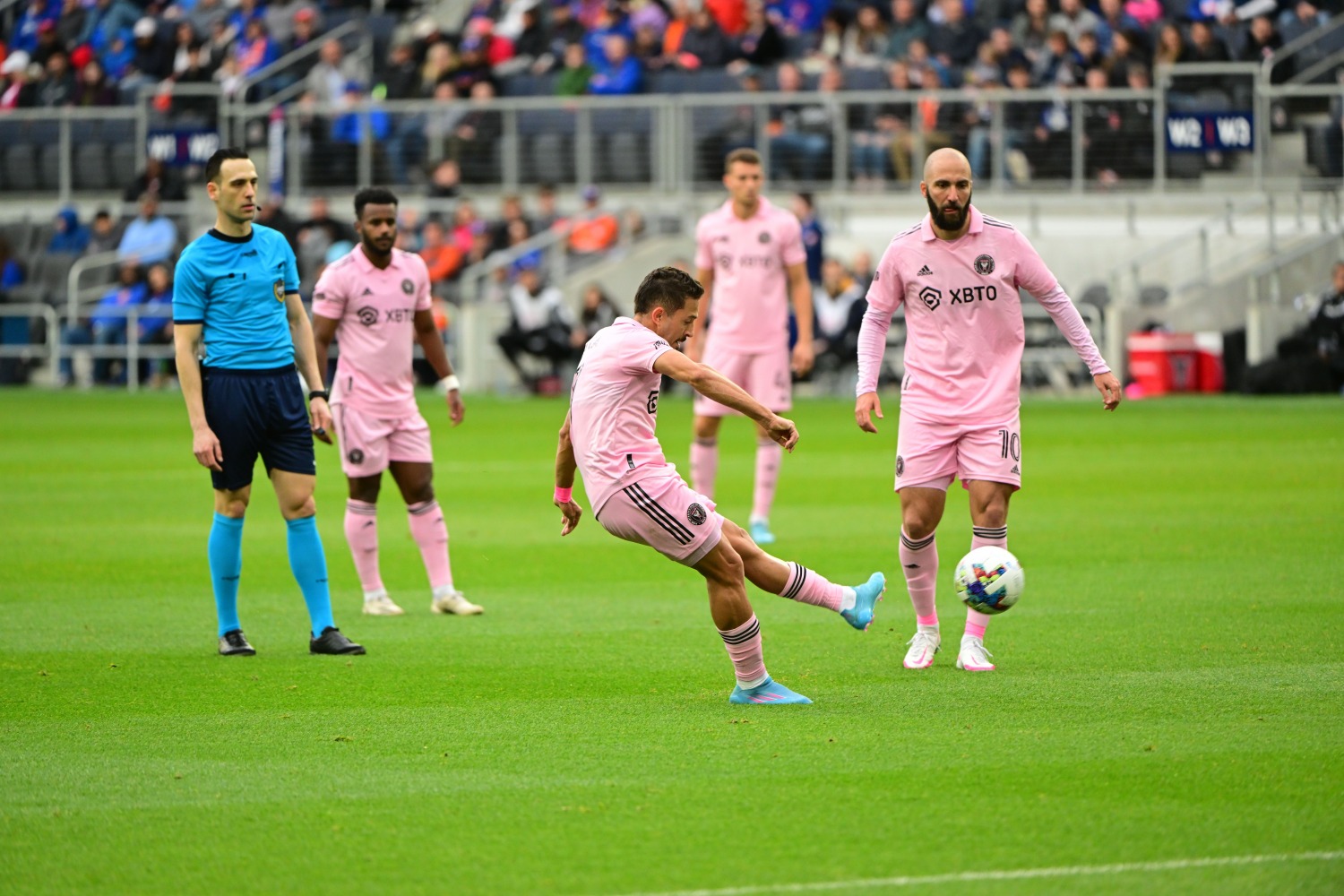
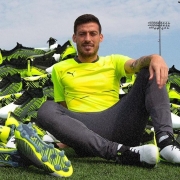

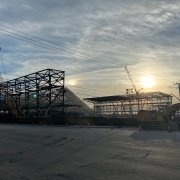
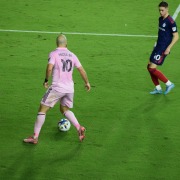
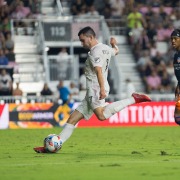


Leave a Reply
Want to join the discussion?Feel free to contribute!